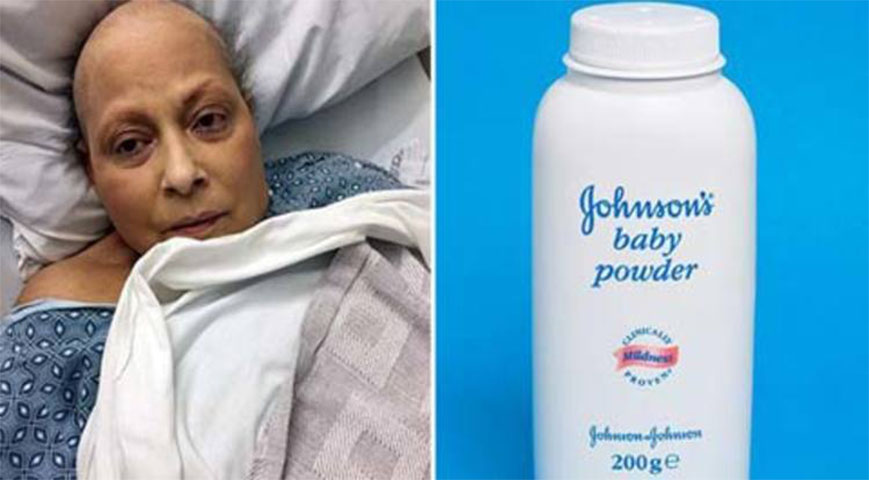A group of cancer patients sued Johnson & Johnson, accusing them of committing fraud by repeatedly attempting to exploit a shell company's bankruptcy to settle tens of thousands of cases alleging asbestos in its talc products caused cancer.
The proposed class action was filed in federal court in New Jersey by five plaintiffs seeking to represent more than 50,000 people who have sued J&J over its talc products. They claim that J&J's bankruptcy strategy denied plaintiffs access to billions of dollars to "hinder, delay, and defraud these women and prevent them from ever having their day in court."

"Johnson & Johnson is playing a dark game of chess with this country's financial and judicial systems," said an attorney for the cancer plaintiffs, Mike Papantonio.
J&J's worldwide vice president of litigation, Erik Haas, said the lawsuit was a "Hail Mary pass" by plaintiffs' lawyers who don't want their clients to vote on the company's latest proposed bankruptcy settlement.

Erik Haas, J&J's global vice president of litigation, described the complaint as a "Hail Mary pass" by plaintiffs' attorneys who do not want their clients to vote on the company's most recent proposed bankruptcy deal.
The majority of talc claims have been filed by women with ovarian cancer, but some include patients with mesothelioma, a lethal illness linked to asbestos exposure.
J&J claims that their baby powder and other talcum products are safe, do not contain asbestos, and do not cause cancer.
J&J initially utilized a corporate maneuver known as the "Texas two-step" to transfer their talc liabilities to a new company, which filed for bankruptcy in 2021. The bankruptcy blocked the litigation from moving forward against J&J, even though it did not file for bankruptcy.
That and a similar attempt to end the dispute failed when judges concluded that J&J and its subsidiary were not in financial hardship and, hence, ineligible for bankruptcy. On May 1, the business said that it intends to file for a third bankruptcy once it receives enough votes to support a $6.48 billion talc settlement.
Wednesday's complaint seeks a finding that the Texas two-step transaction was fraudulent since it was only designed to protect J&J's assets from the talc lawsuits.
J&J's subsequent transactions, including the separation of its consumer health subsidiary Kenvue, were likewise fraudulent, according to the lawsuit, which seeks compensatory and punitive damages.
J&J claims the proposed triple bankruptcy for its unit will be different since it will be supported by more than 75% of the people with talc-related claims.
The corporation has expedited the proposed third bankruptcy by striking separate agreements with law firms representing mesothelioma patients and U.S. states that claim the company neglected to warn customers about the hazards of its talc products.
Litigation against J&J proceeded after the company's second bankruptcy was rejected. In recent cases, J&J was compelled to pay $45 million for mesothelioma while winning an ovarian cancer lawsuit.










